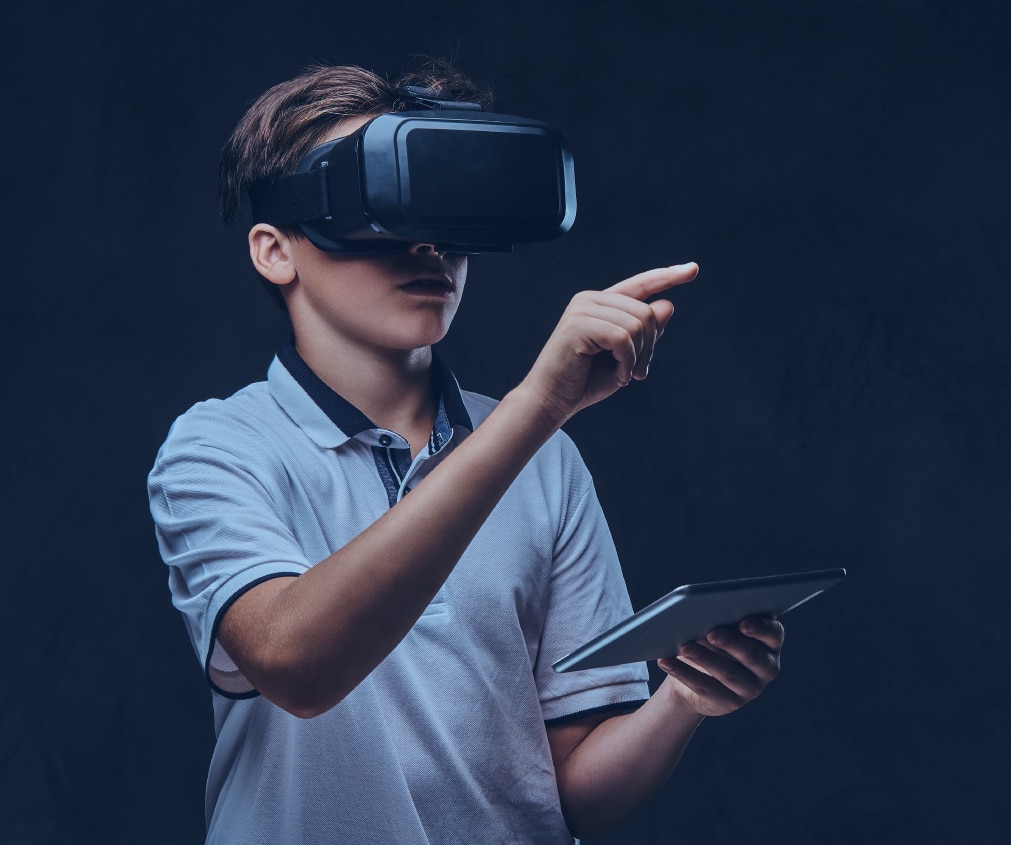The future of education is already being shaped by technology. From simplified access to information to faster ways of communication, technology is rewriting the way we learn. Technology is having a major impact on the structure of traditional education and new models of learning have been developed to take better advantage of the technology available.
In the near future, the classroom will become more interactive. Instead of lecturing to a large group of students, teachers and educators will be able to create individualized learning experiences tailored to the needs of the student. With advancements in artificial intelligence, machines will be able to analyze the performance of individual students and provide real-time feedback, allowing the teacher to provide personalized instruction at the student’s own pace.
The use of virtual reality, augmented reality, and other immersive technologies are also set to revolutionize the way we learn. Instead of learning about history in a textbook, students will be immersed in virtual environments and allowed to explore the events of the past firsthand. Similarly, students can explore different aspects of mathematics and science in ways not possible through just a lecture or textbook.
The use of big data and analytics is already proving beneficial to educators. The ability to collect and analyze data from student assessments, surveys, and other activities help educators create better lesson plans and tailor instruction for the needs of the students. With the use of machine learning, this data can help analyze data in real-time and provide feedback to teachers so they can adjust lesson plans in real-time.
Finally, the use of mobile devices has revolutionized the way students access and store information. Unlike paper textbooks, students can now carry large virtual libraries of textbooks, books, and other resources in their pockets. Digital notepads allow students to quickly and accurately take notes and save them for future reference. Mobile apps also allow teachers to quickly administer quizzes and tests and provide faster feedback to students.
Overall, technology is revolutionizing the way we learn. Through the use of virtual reality, immersive technologies, big data, and mobile devices, students are being given better access to information and new ways to interact with it. While this may disrupt the traditional models of learning, the potential for new and improved modes of education is massive. With technology, new models of learning can be created that are tailored to the personal needs of the learner, improving educational outcomes and providing everyone with the skills and knowledge they need to succeed.
[ratemypost]





